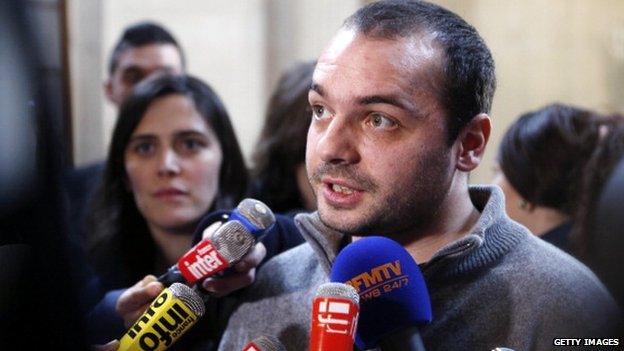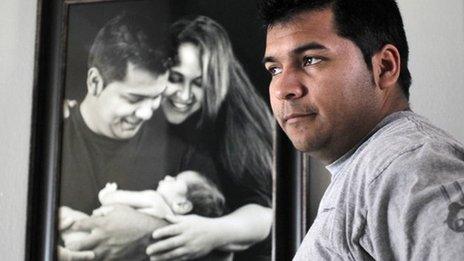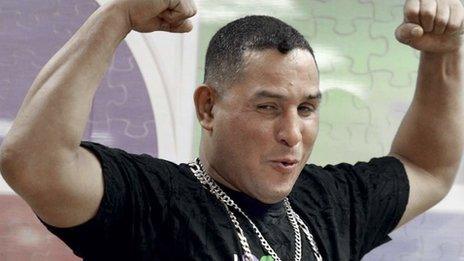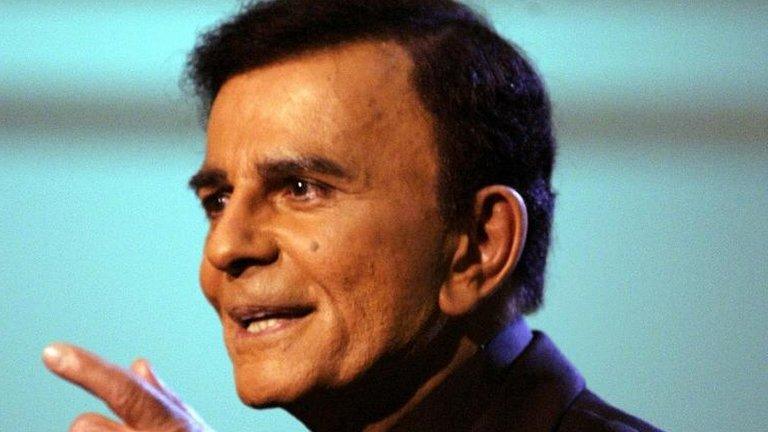French passive euthanasia: Court says end life support
- Published

Vincent Lambert's nephew backs the decision to end treatment but other members of the family disagree
A man who has been in a vegetative state for six years should have his treatment ended, the public rapporteur of France's top court has recommended.
Vincent Lambert, 39, was left a tetraplegic after a motorcycle accident six years ago.
His family is split over whether he should be kept alive.
Now the Council of State's public rapporteur has said he has no hope of recovery and no way of communicating.
The case is seen as unprecedented in France, where euthanasia is illegal, although doctors can withdraw care under a 2005 law that says life should not be prolonged "artificially" through "unnecessary or disproportionate treatment".
President Francois Hollande aims to change the law next year to allow "medical assistance to end one's life in dignity".
When doctors treating Vincent Lambert in hospital in Reims in north-east France decided last year that feeding and hydration through tubes should stop, his wife Rachel and some of his brothers and sisters agreed.

When a patient dies because medical professionals either do not do something necessary to keep the patient alive, or stop doing something that keeps patient alive
switch off life-support machines
disconnect a feeding tube
do not carry out a life-extending operation
do not give life-extending drugs

The doctors said that he had minimal consciousness and no way of understanding, despite being able to feel pain and move his eyes. One key moment was when he refused to allow his mouth to be wiped, which prompted the medical team treating him to believe he no longer wished to live.
However, his parents, a sister and half-brother challenged the decision to end his life and went to court. Mr Lambert's mother is said to be a devout Catholic.
An administrative court ruled in favour of the parents, concluding that their rights had not been respected.
After months of legal argument that left the family torn over Vincent Lambert's fate, his wife took the case to the highest court, the Council of State, whose public rapporteur Remi Keller then investigated the case with the help of three experts in neuroscience.

The Council of State's 17 judges will make a final decision next week
In his recommendation on Friday, Mr Keller said there was no hope either of recovery or of food and hydration having any positive effect.
He also said the majority of medical specialists as well as members of Mr Lambert's family were behind the decision to stop feeding him. Mr Lambert's wife had insisted that he had stated on several occasions that he had no wish to live in a "state of dependence", should something happen to him.
The rapporteur's advice will now go to the Council of State's highest panel of 17 judges who are expected to make a final decision next Tuesday on ending Mr Lambert's life.
- Published26 January 2014

- Published24 November 2012

- Published15 June 2014
